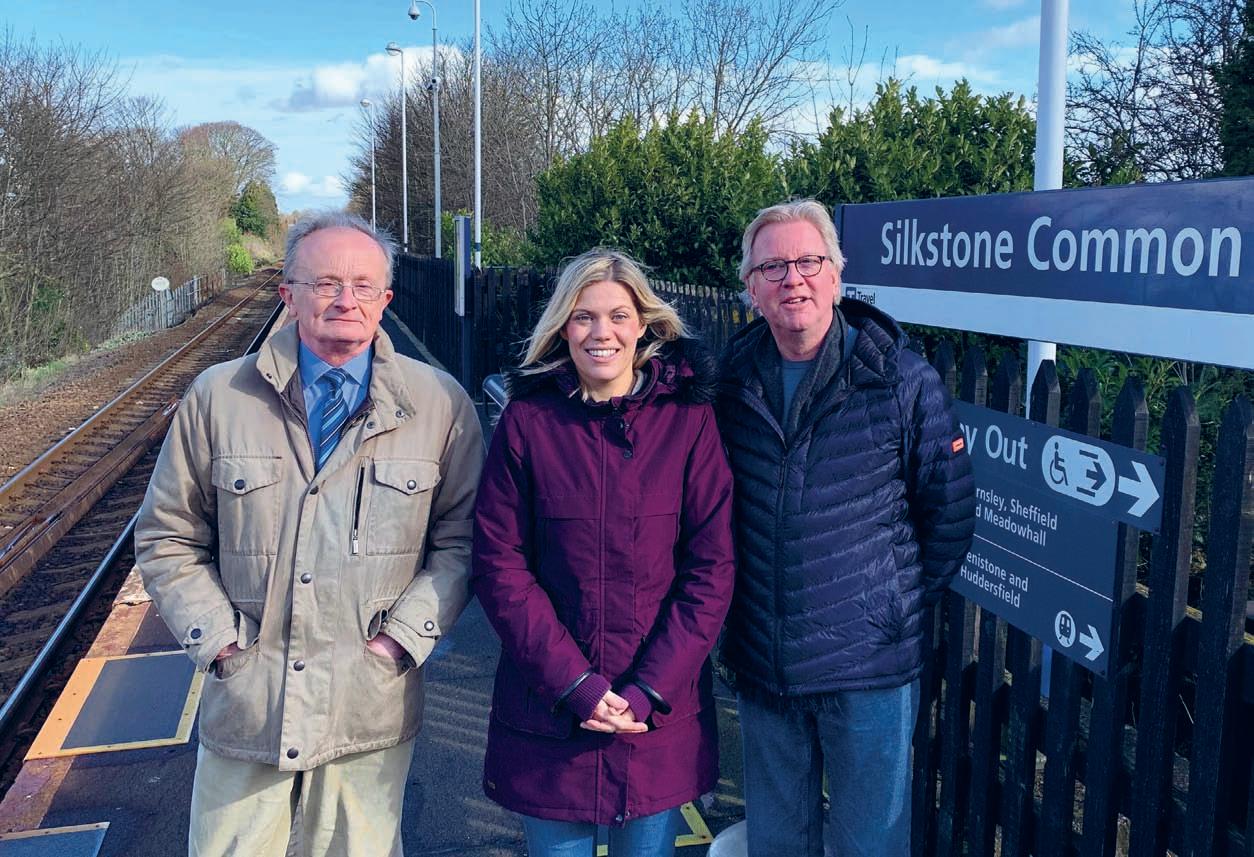
2 minute read
Consultation results for Clean Air plans released
WITH nearly 12,000 responses to Sheffield’s plans to reduce air pollution in the city through the Clean Air Zone, everybody’s talking about Clean Air.

The results have now been released from the surveys from the public, businesses and taxi drivers.
Four out of five people agree that the council should prioritise clean air and broadly agree with a clean air zone charging buses, taxis, coaches, vans and lorries. Private cars will not be charged.
The public also believe that better public transport, more walking and cycling routes are the best ways to clean air.
However, local small businesses are concerned about the impact that the zone will have on them, especially around the cost of the charge versus the cost of upgrading their vehicles.
Taxi drivers are also revealed their unease with 95% likely having to upgrade their vehicles to avoid paying the proposed pollution charge.
Councillor Bob Johnson, Cabinet Member for Transport and Sustainability said: “The survey results show that people want to see action taken – but if we’re going to be successful in reducing pollution we need to help taxi drivers and local small businesses move to cleaner vehicles. It’s vital that we get investment from Central Government to assist local businesses and taxis to upgrade their fleets.
“The survey results show that the zone is not the only way to reduce pollution. It is essential that we look to improve public transport, especially bus journeys. We also need to change our streets to promote walking and cycling. Such changes will take time but our recent Transforming Cities bid is a major step in securing funding to deliver the infrastructureSheffield needs to enable people to travel in a safe, healthy and sustainable way.”
Sheffield and Rotherham Council have been jointly mandated by Central Government’s Joint Air Quality Unit (JAQU) to reduce Nitrogen Dioxide (NO2) in the fastest possible time.
Greg Fell, Director of Public Health for Sheffield said: “On days of poor air pollution, we see more people having asthma attacks, heart attacks and strokes. Poor air quality is being linked with other diseases, includingdementia - it’s something we can’t ignore.”
The consultation shows that people believe that the solution is cleaner vehicles and better alternatives than cars, including public transport, walking and cycling. These bring benefits of not only reduced emissions, but extra physical activity and reduced exposure to air pollution –which is often worse inside a vehicle than outside.
The full reports, produced by local researchconsultancy Ekosgen are available on the council’s website at www.sheffield. gov.uk/cleanair
If you think you are affected by the clean air zone charges and want to keep up to date on support available, please get in contact either through the website above or with the council on cleanair@sheffield. gov.uk.




